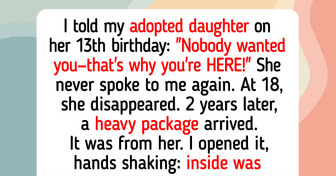
8 Ways to Tell Your Child It’s Time to Leave
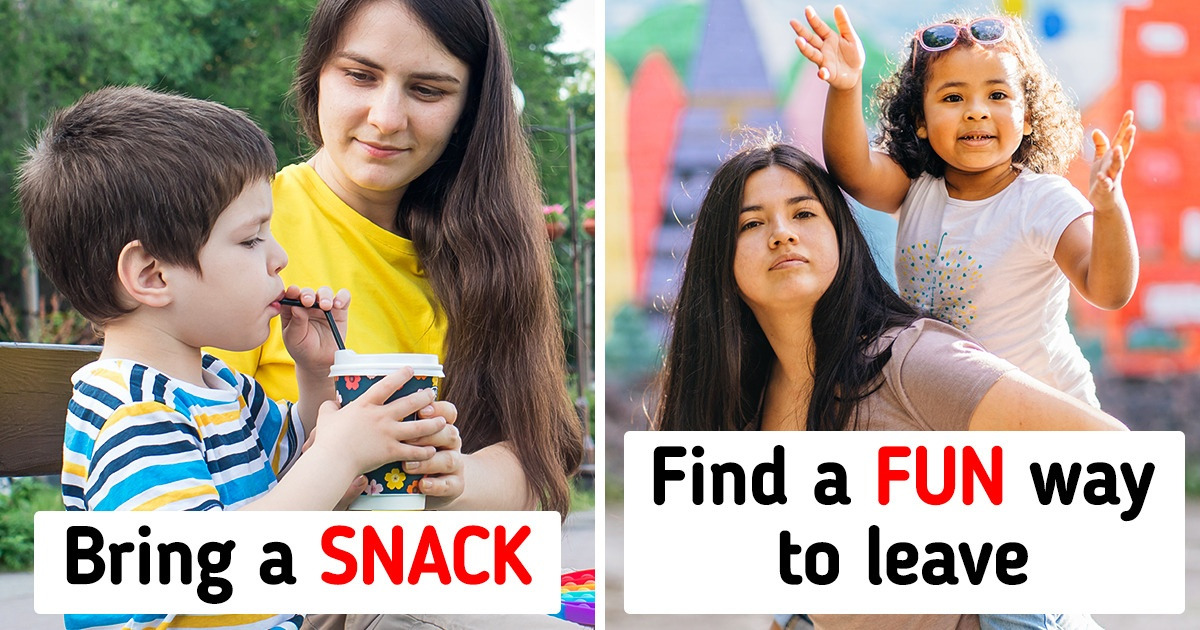
It’s all too common to see a crying child who doesn’t want to leave the playground. Or maybe your kid stayed over at their friend’s house and when you come to pick them up, they keep asking you to let them play just a few more minutes. But there are things you can do that might make these situations easier for your kid.
We at Bright Side hope that our tips will help you prevent your kid from throwing a tantrum every time it’s time to go home. So let’s see what those tips are!
1. Give them a choice.
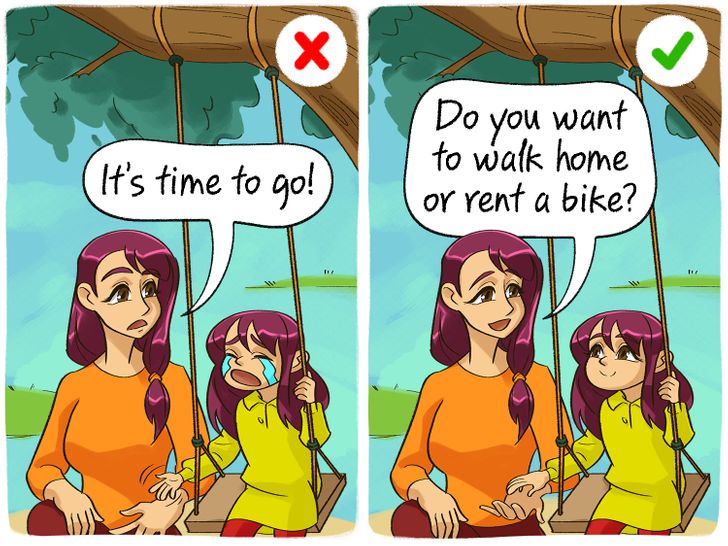
Instead of simply stating the fact that your kid has to stop having fun and go, which is obviously not what they want, try to rephrase that statement by offering them a choice. The question should imply that you have to leave, but your child may feel more powerful when you make it sound like they are the ones who make decisions here.
2. Pick a fun way to leave.
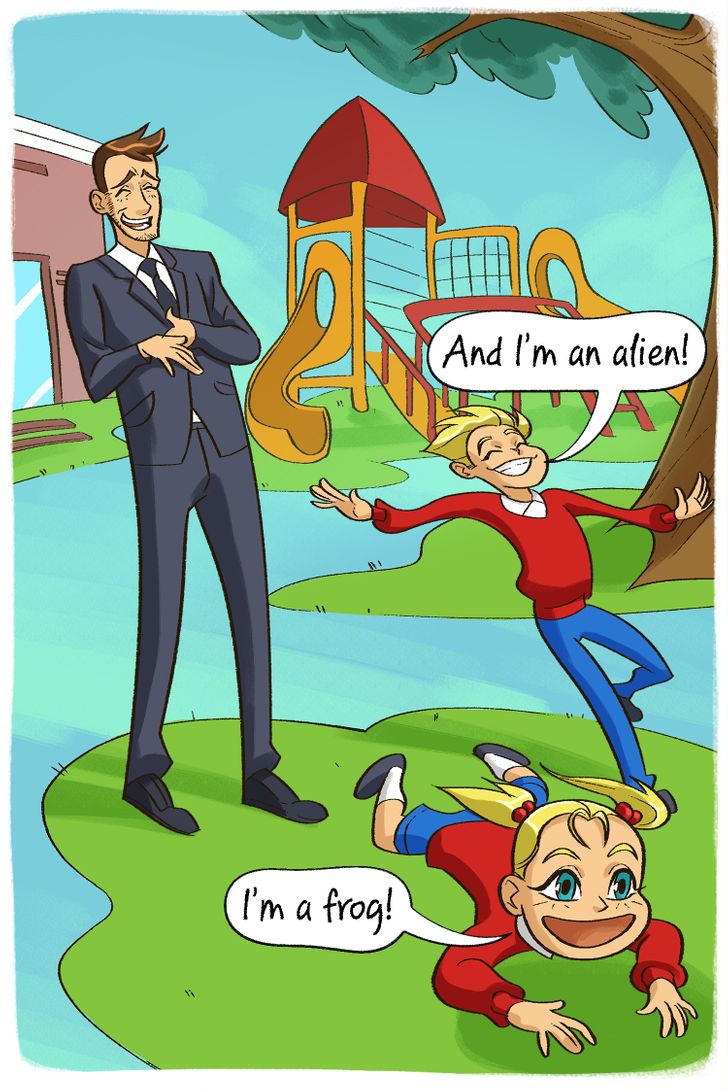
There’s nothing special about leaving the playground, or kindergarten, or your home, but it can even be boring or stressful for your kid. So you can turn this time into a fun activity that your child will enjoy and that will make it easier for them to go when you say so. For example, you can choose how they will go: Maybe they’ll love jumping like a frog or waving their arms and legs like some alien — the only limit is their imagination.
3. Ask for their help.
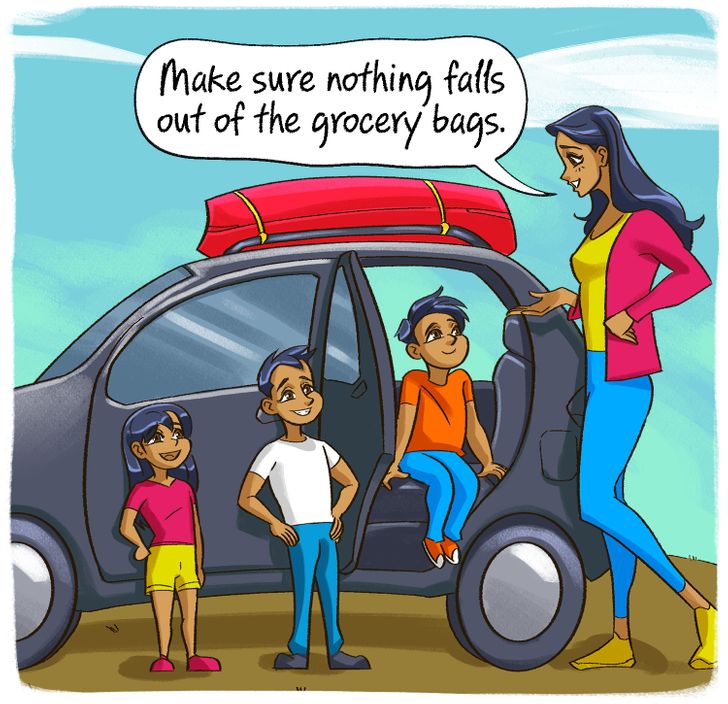
Children love to help out — they like to feel like they’re in charge of some important task. So use this to both their and your advantage. Ask them to help you with something in the car when it’s time to leave or assign tasks for them on your way home. This might take their mind off the fact that the fun they’ve been having has come to an end. This will also teach them that they’re capable of doing something important by themselves.
4. Set an example.
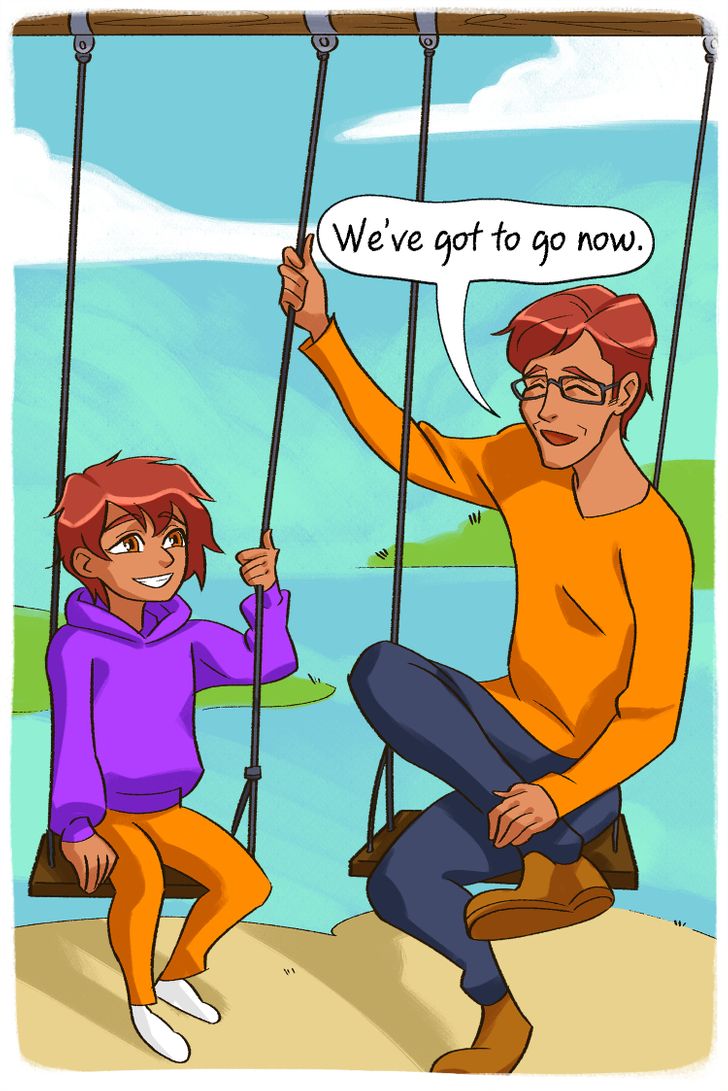
When it’s almost time to leave and you see that your child is having a lot of fun doing an activity, join in on it. Then, after about 10 minutes, stop doing it and say it’s time to go. This might make it easier for your kid because they’ll see that you’ve been doing the same thing as them, and now you both have to go.
5. Ask them this question.
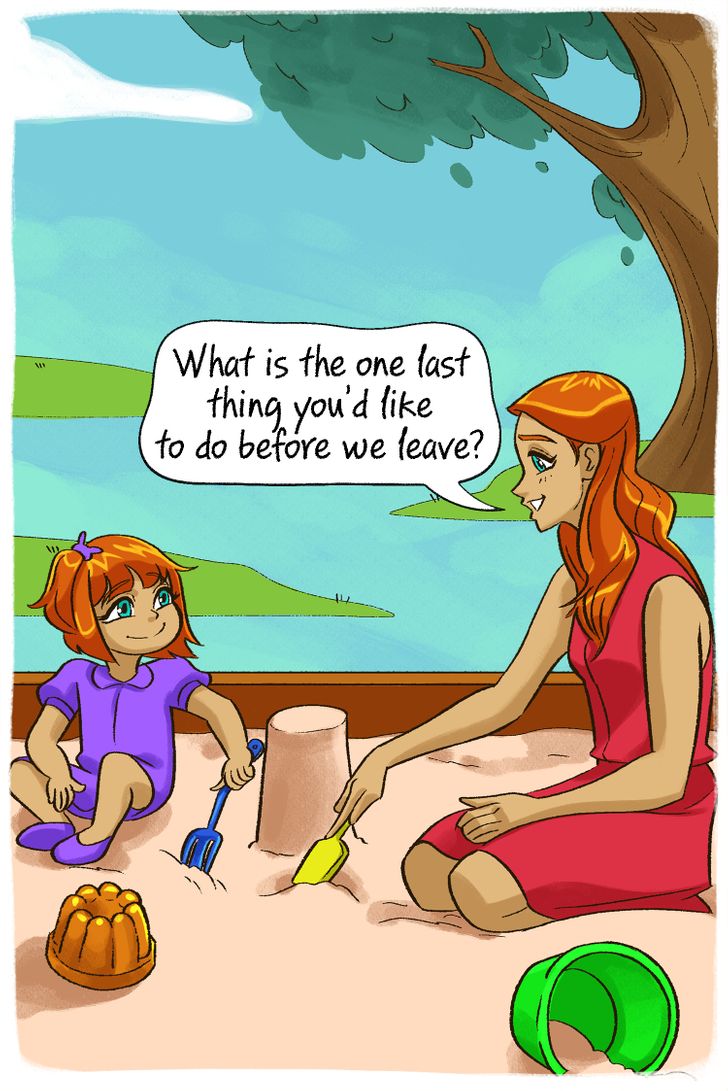
Ask your child, “What is the ONE last thing you’d like to do before we leave?”. The reason this question may work is because, first of all, it lets your kid know it’s time to leave. However, it also means that they don’t have to leave right away, which is better than having to leave suddenly, probably interrupting some activity. Secondly, this question also puts your child in charge of making one last decision, which may help them feel in control of the situation.
6. Create a leaving ritual.
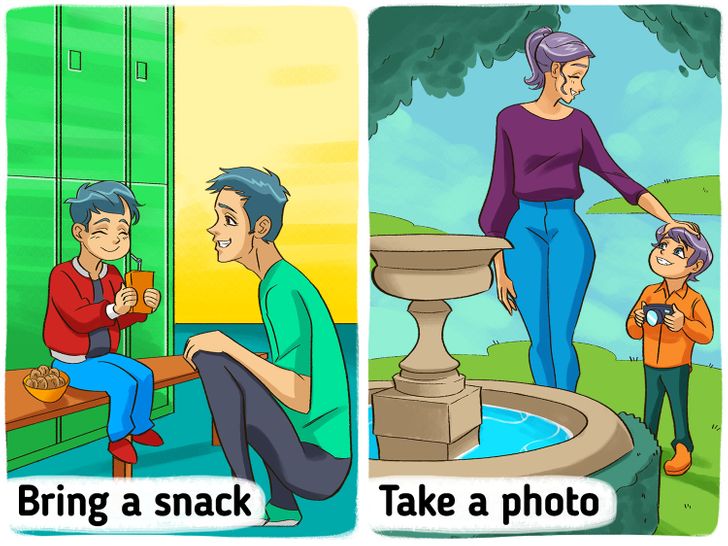
Rituals help us to stick better to a routine and transition easier between different types of activities, like when you have a nighttime ritual to unwind before you go to bed. Something like this can also be helpful for your child. For example, when you pick your kid up from kindergarten, you can always bring something to drink and a snack for them. Or if it’s time to leave the playground, you can ask your kid every time to take a picture of their favorite place there.
7. Tell them what they should look forward to.
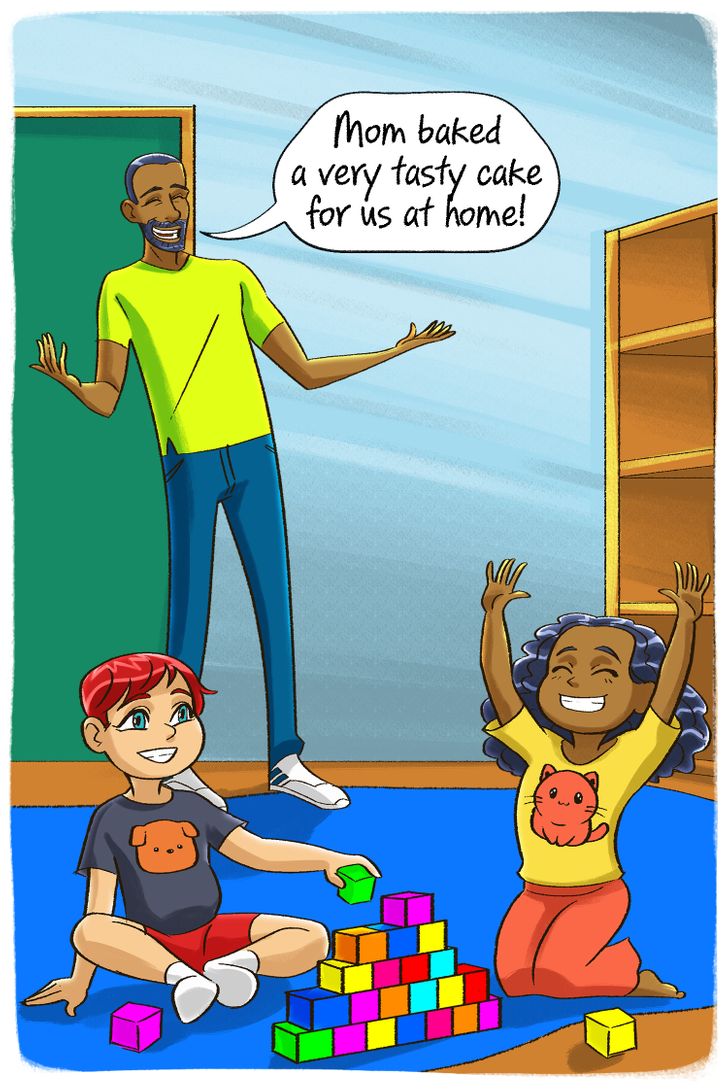
Leaving a fun place is boring, but it can become less boring if something exciting awaits them afterwards. So when you tell your kid it’s time to go, mention a fun activity that they’ll be able to do when they get home, which can help to distract them.
8. Use a transitional object.
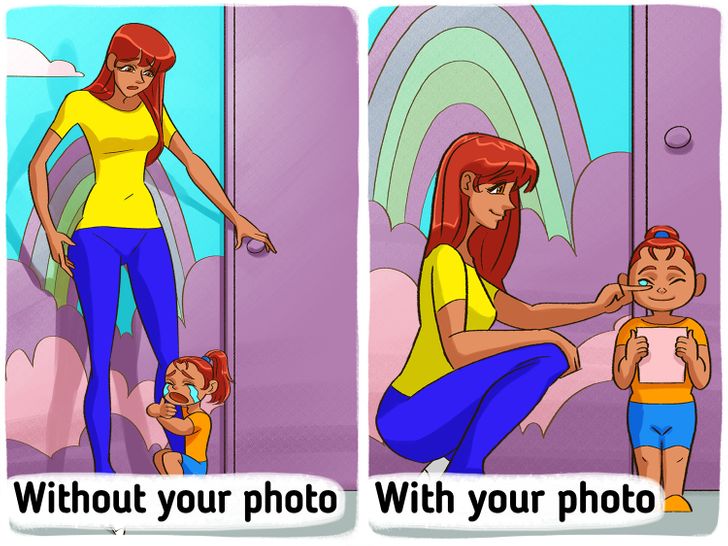
Sometimes the “place” your kid doesn’t want to leave is you, for example, when you drop them off at kindergarten. Your child might have separation anxiety, which is especially common if they’re just starting kindergarten and they’re not used to spending long periods of time without you. So you can give them something that will remind them of you throughout the day, like a picture of you, or a toy.
How does your child react when it’s time to go? What tricks do you use?
Comments

Related Reads
10 Tricks to Protect Yourself From Pickpockets

15 Things That’ll Blow Your Mind With Its Peculiarity

20+ People Who Know No Borders When It Comes to Creativity

15+ Funny Comics About Maternity Any Mother Can Relate To

19 Jewels From People’s Photo Stashes That It Would Be a Crime to Not Share
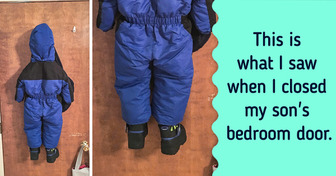
17 Situations Where Guests Took the Words “Make Yourself at Home” Too Literally
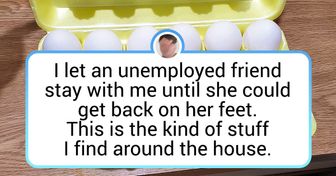
I Cut Off My Parents After They Demanded My Inheritance—and I Don’t Regret It
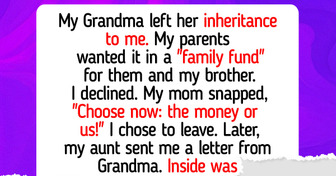
12 Moments That Show Romance Is Really About Small Acts of Kindness

15+ Stories That Prove Some House Guests Are Impossible to Forget

I Refuse to “Show Dedication” by Working an Unpaid Weekend
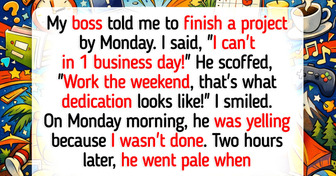
I Was Fired for My Age, Now HR Is Begging Me to Return
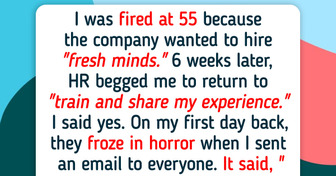
15 Times People Refused to Be Mean—And Kindness Proved More Powerful
